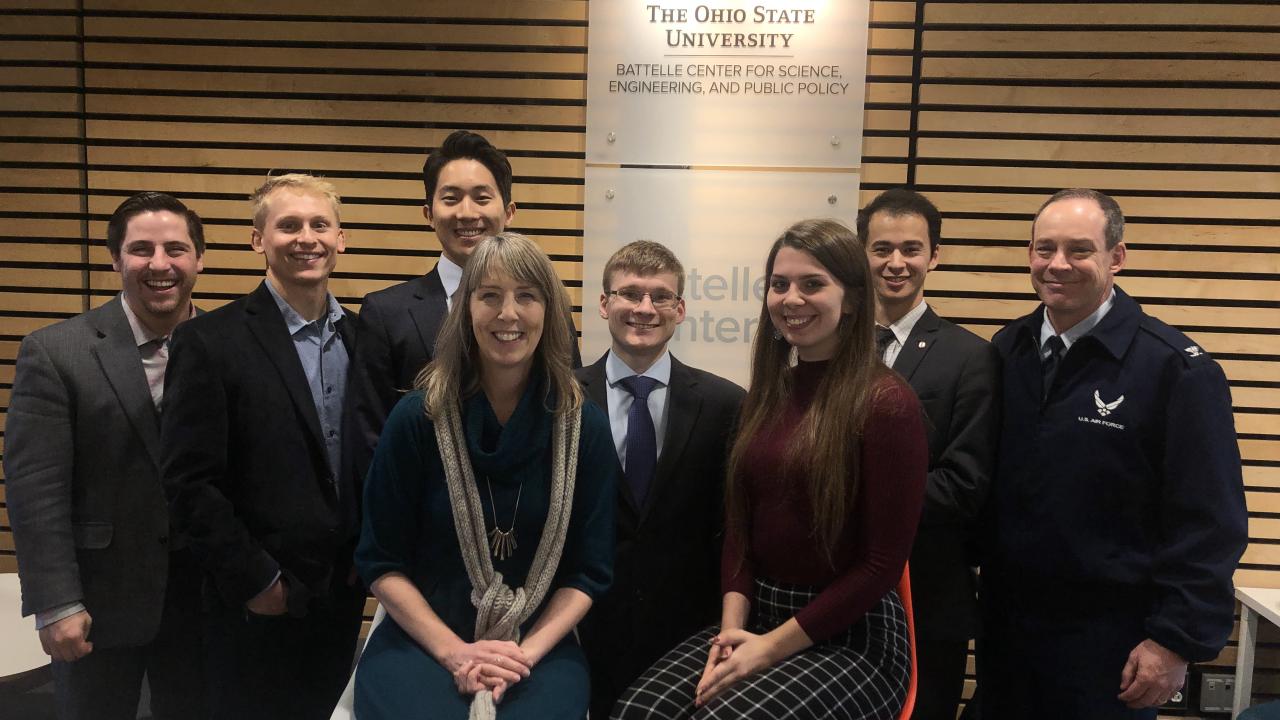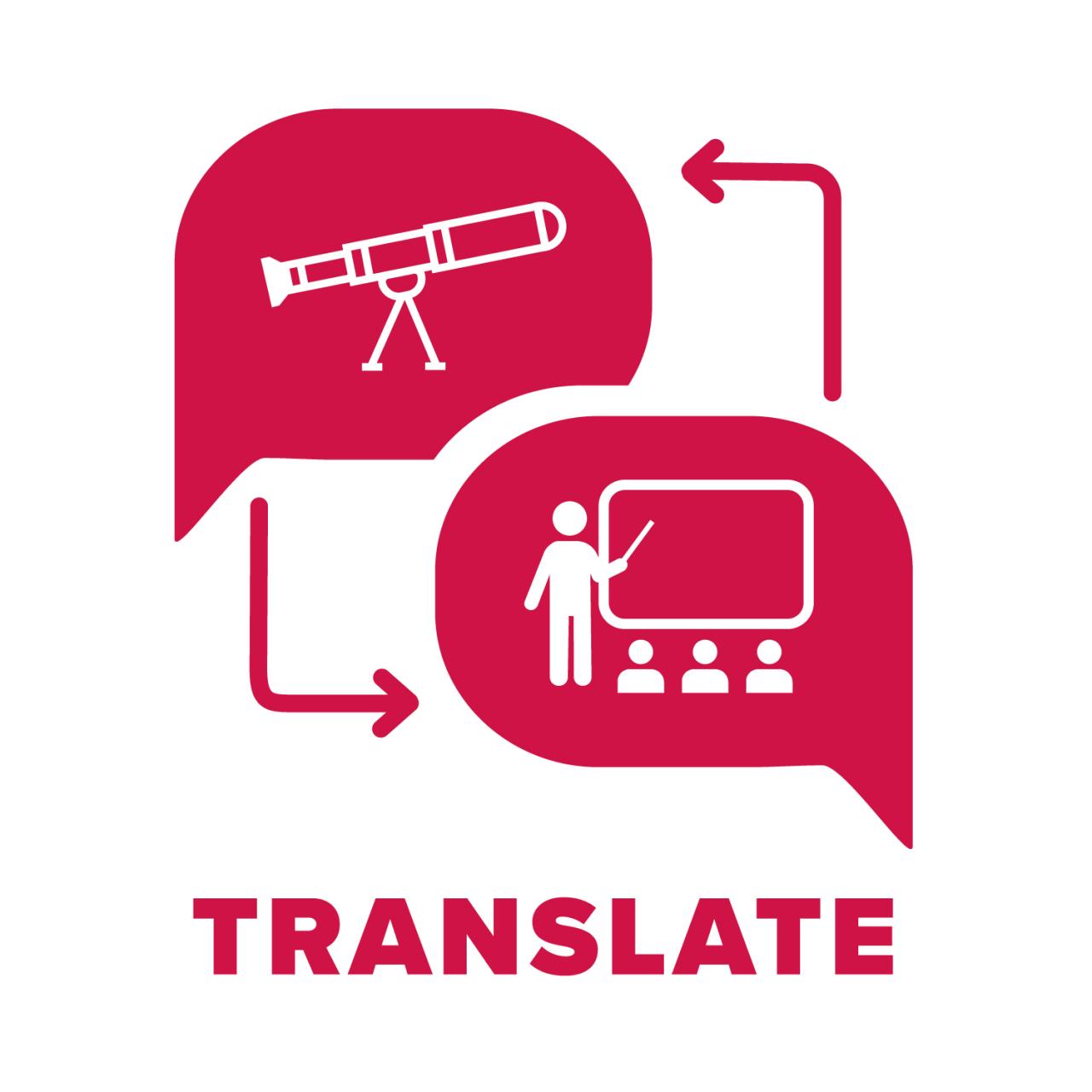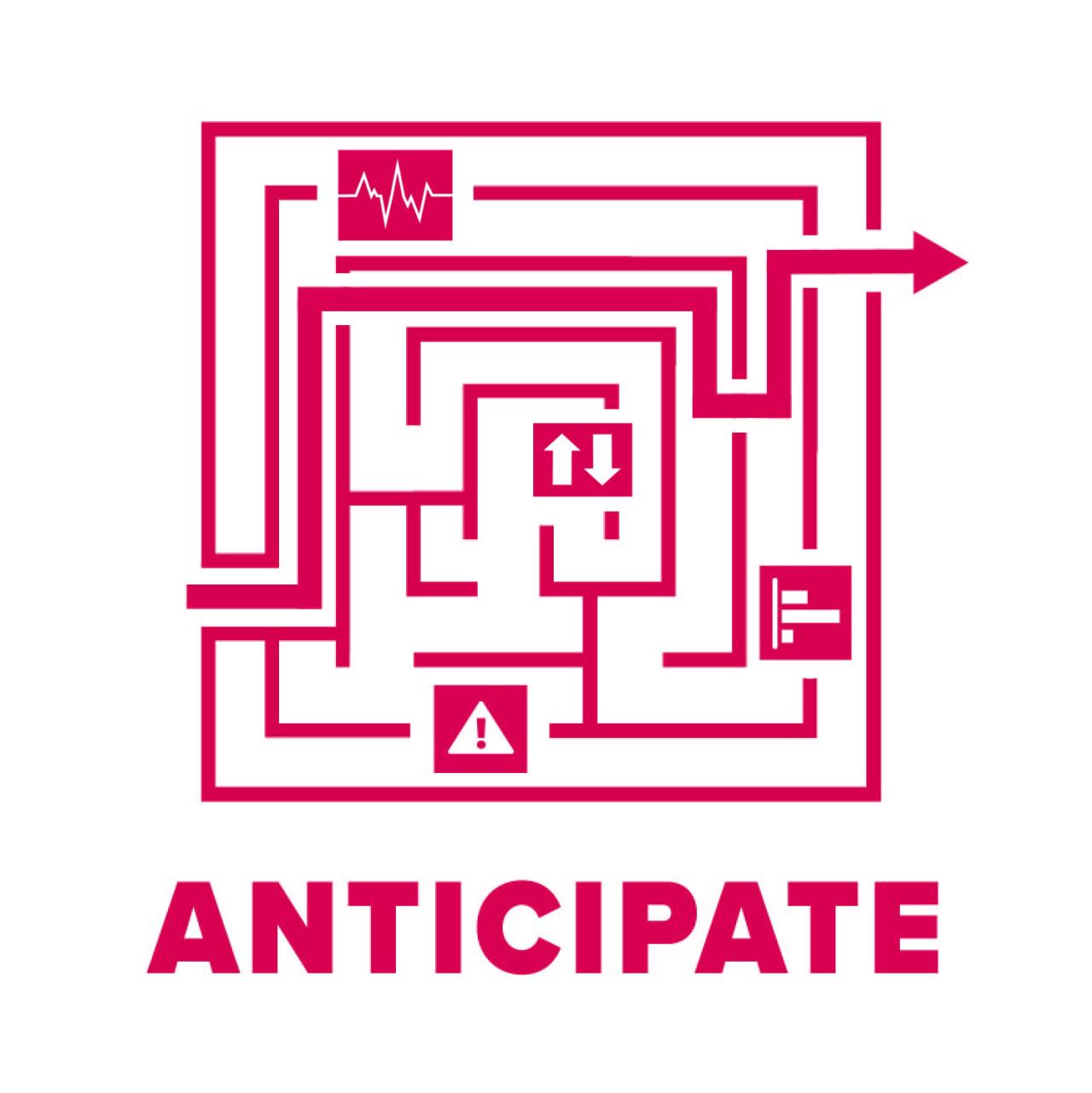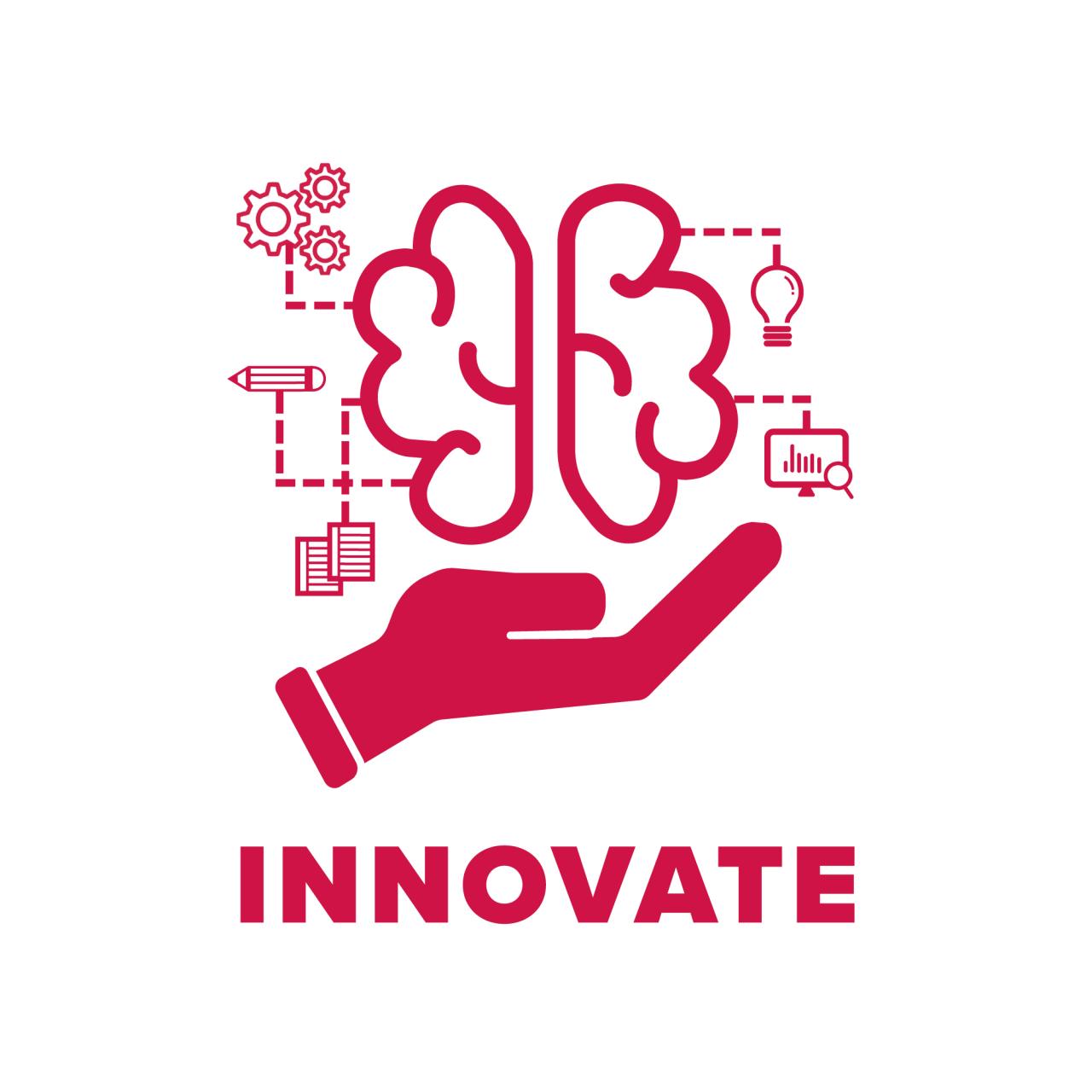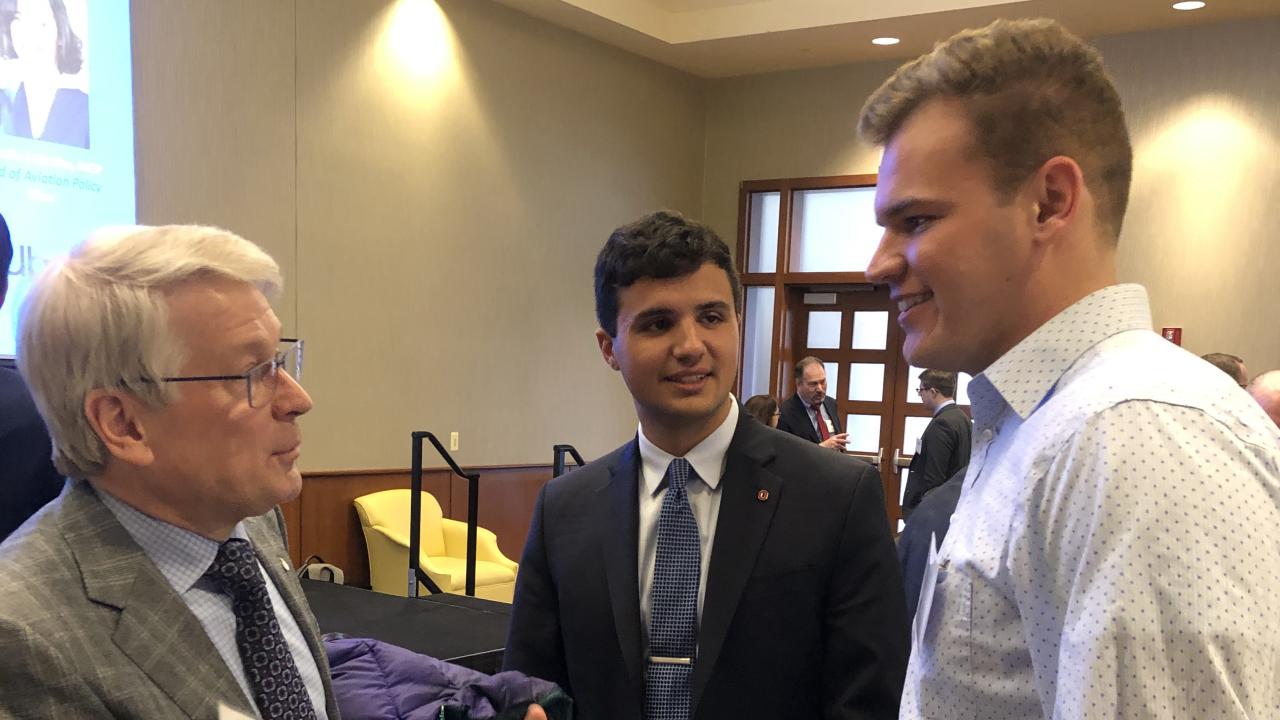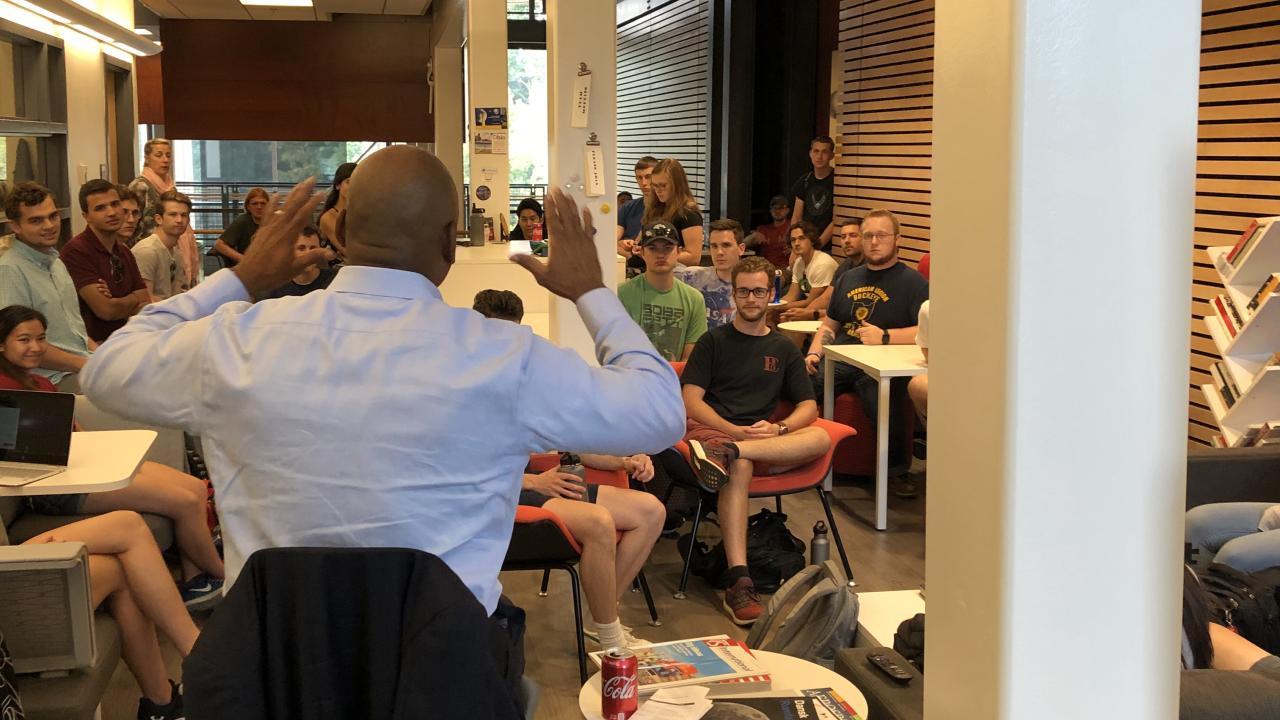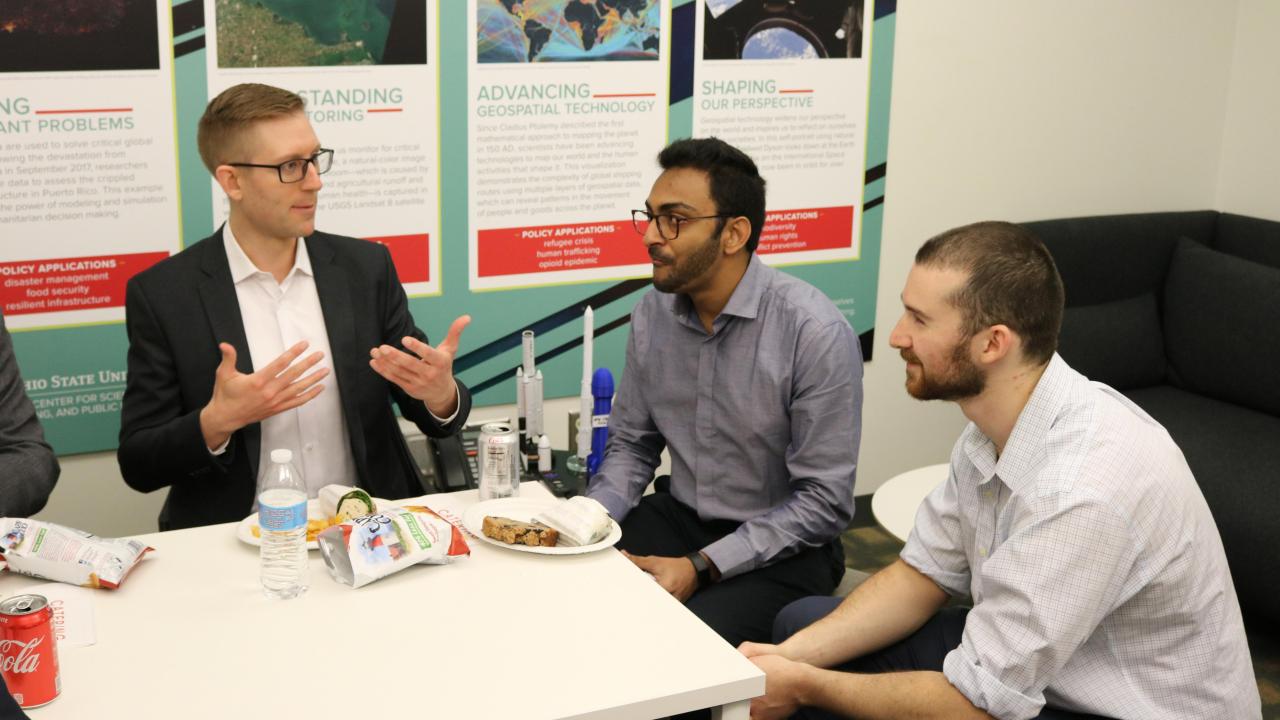As our world becomes smaller and our technology advances, the challenges that face our society become bigger and more complex. As we have advanced, our education continues to be separated by majors often stunting our ability to work across disciplines. Ohio State Battelle Center sees these wicked problems and understands the need for a new way of preparing future technologists to innovate in the public interest.
Our center believes that future technologists are not just prepared for the technical challenges of the day, but understand the broader context and effects of technology on our society. From economics, social structure, public health, policy, etc., the next generation must have an understanding of all of these to make real impact. Our approach to solving wicked problems is built on the tenets of translating highly technical information for key decision-makers and stakeholders, anticipating the unintended consequences of technologies, and innovating new methods for the betterment of all people.
